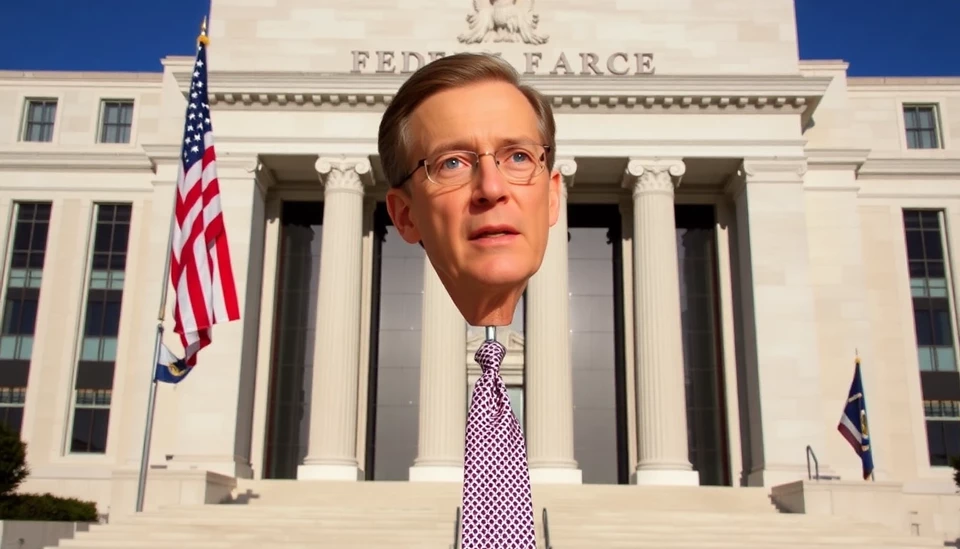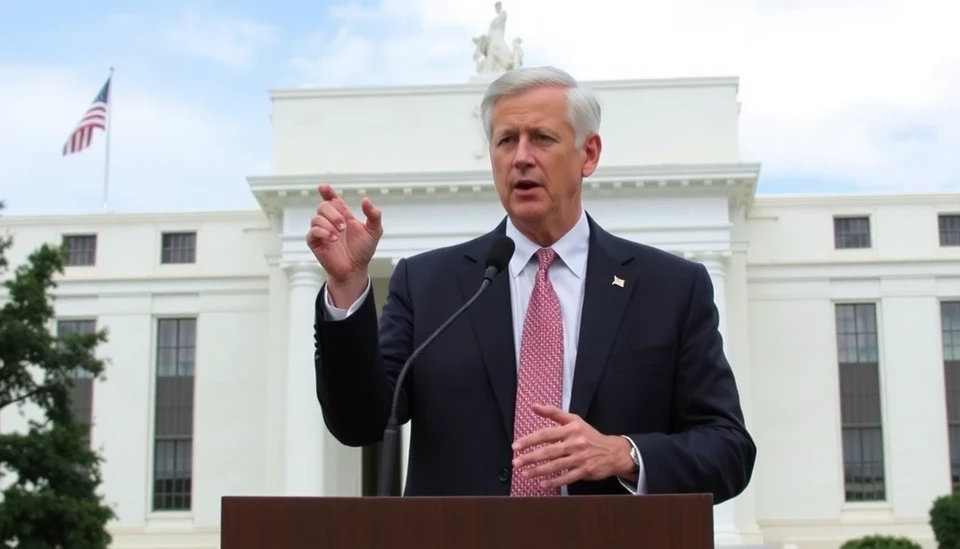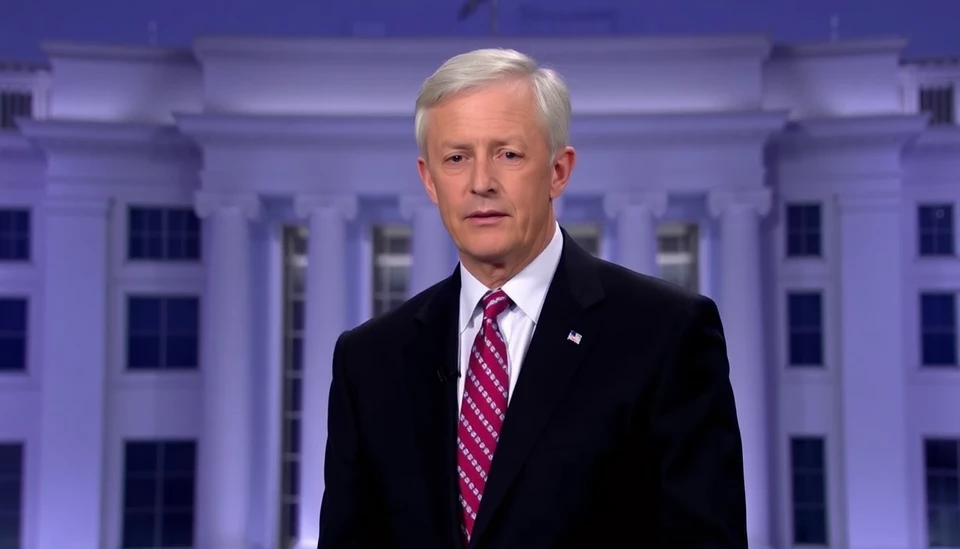
In a recent statement, Federal Reserve Bank of Dallas President Lorie Logan shed light on the current economic landscape, emphasizing that a decline in inflation does not automatically signal a reduction in interest rates. This announcement comes amid ongoing discussions around monetary policy adjustments as inflation rates have shown signs of easing.
Logan, who is recognized for her analytical approach, articulated that while lower inflation rates are certainly a favorable development, they do not guarantee that the Federal Reserve will implement rate cuts in the immediate future. Her remarks indicate a cautious stance towards interpreting inflation trends as a straightforward signal for adjusting interest rates.
During a public event in Dallas, Logan stated, “The performance of inflation is one factor among many that influence our decisions on interest rates. We must consider a range of economic indicators before making any adjustments.” This highlights the Fed's comprehensive approach to monetary policy, where various factors, including labor market conditions, consumer spending, and overall economic growth, are assessed before concluding whether to modify the interest rate strategy.
Logan's comments also come in light of recent economic data showing a decrease in inflation rates, which has led some analysts to speculate that the Fed might soon lower its rates. However, she reinforced the importance of a measured response, stating that the central bank will proceed cautiously to ensure that any action taken aligns with sustainable economic growth.
The Dallas Fed president underlined the complexities of the current economic situation by referring to the potential long-term effects of previous rate hikes. She mentioned, “It’s essential to recognize that the impact of our policy changes can be felt over time, sometimes not immediately reflected in standard metrics.” This reflects an understanding that economic predictions often require a layered analysis, rather than a singular perspective based solely on inflation trends.
Moreover, Logan urged the need for transparency from the Fed regarding its decision-making process. This call for clarity is crucial in maintaining market stability, as uncertainty can lead to drastic fluctuations in economic behavior among consumers and investors alike. She reassured that the Fed is committed to being vigilant and responsive to changing economic circumstances.
As the market awaits further developments, investors and analysts will closely monitor the Fed's upcoming meetings, particularly to gauge how Logan’s insights will shape future rate decisions. With inflation dropping, the narrative surrounding monetary policy is poised to evolve, but Logan's recent remarks serve as a reminder of the nuanced nature of economic forecasting and policy implementation.
In conclusion, while lower inflation is a positive sign, it does not spell an immediate change in interest rates. The Fed remains committed to a holistic assessment approach as it navigates the complexities of the economic environment.
#FederalReserve #InterestRates #Inflation #LorieLogan #MonetaryPolicy #Economy #FinancialNews #EconomicForecast
Author: Rachel Greene




